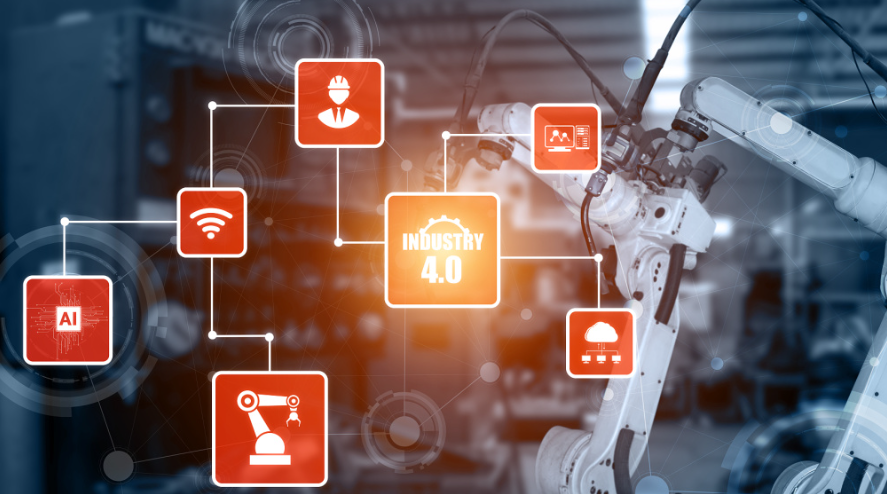Artificial intelligence (AI) is more than just a buzzword; it's a revolutionary technology that's reshaping the manufacturing industry. With its ability to optimize processes and enhance efficiency, AI is paving the way for smarter manufacturing solutions. As businesses increasingly recognize the advantages of integrating AI into their operations, the impact is both profound and far-reaching.
AI applications in manufacturing are diverse and multifaceted. From predictive maintenance and quality control to smart automation and inventory management, the possibilities are endless. Machine learning algorithms can analyze vast amounts of data to predict equipment failures before they occur, minimizing downtime. Additionally, AI-driven robotics can streamline assembly lines, reducing labor costs and improving production speed.

One of the most significant benefits of AI in manufacturing is its ability to create smarter supply chains. By leveraging AI tools, companies can gain real-time insights into supply chain dynamics, forecast demand more accurately, and optimize inventory levels. This responsiveness not only reduces costs but also enhances customer satisfaction by ensuring that products are available when and where they are needed.
The economic implications of adopting AI in manufacturing are staggering. A recent study predicts that the manufacturing sector could experience a financial windfall of up to $3.8 trillion by 2035 due to AI integration. This projection underscores the urgency for manufacturers to embrace AI technologies, not only to remain competitive but also to drive significant fiscal growth.
The enthusiasm for AI in manufacturing is evident, with a recent Deloitte survey indicating that 93% of manufacturing companies believe AI will be essential for driving future growth and innovation. This optimistic outlook reflects a broader trend where businesses are increasingly prioritizing technological advancements as a core part of their strategies.
The integration of artificial intelligence into manufacturing is not just a trend; it represents a fundamental shift in how industries operate. By harnessing the power of AI, manufacturers can achieve unprecedented levels of efficiency, responsiveness, and profitability. As the industry continues to evolve, those who adapt to these changes will undoubtedly lead the charge towards a smarter, more innovative future.
 21/02
21/022025
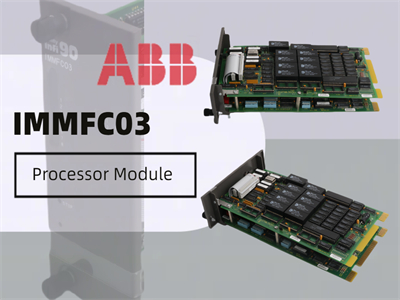 20/02
20/022025
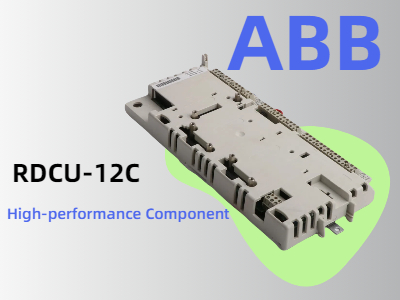 20/02
20/022025
 20/02
20/022025
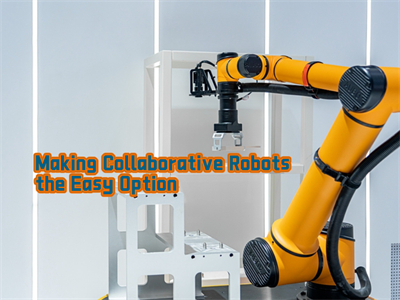 20/02
20/022025
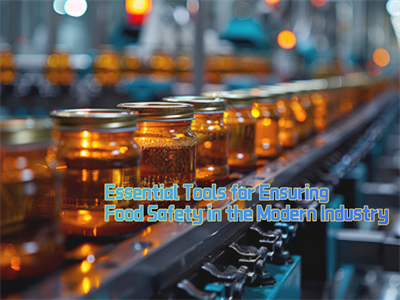 18/02
18/022025
 17/02
17/022025
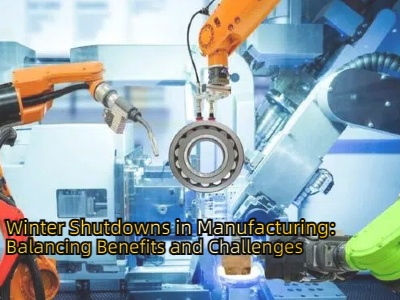 15/02
15/022025

32D floor, Guomao building, Hubin South Road, Siming District, Xiamen City, Fujian Province, China.


 IPv6 network supported
IPv6 network supported
Our hours
